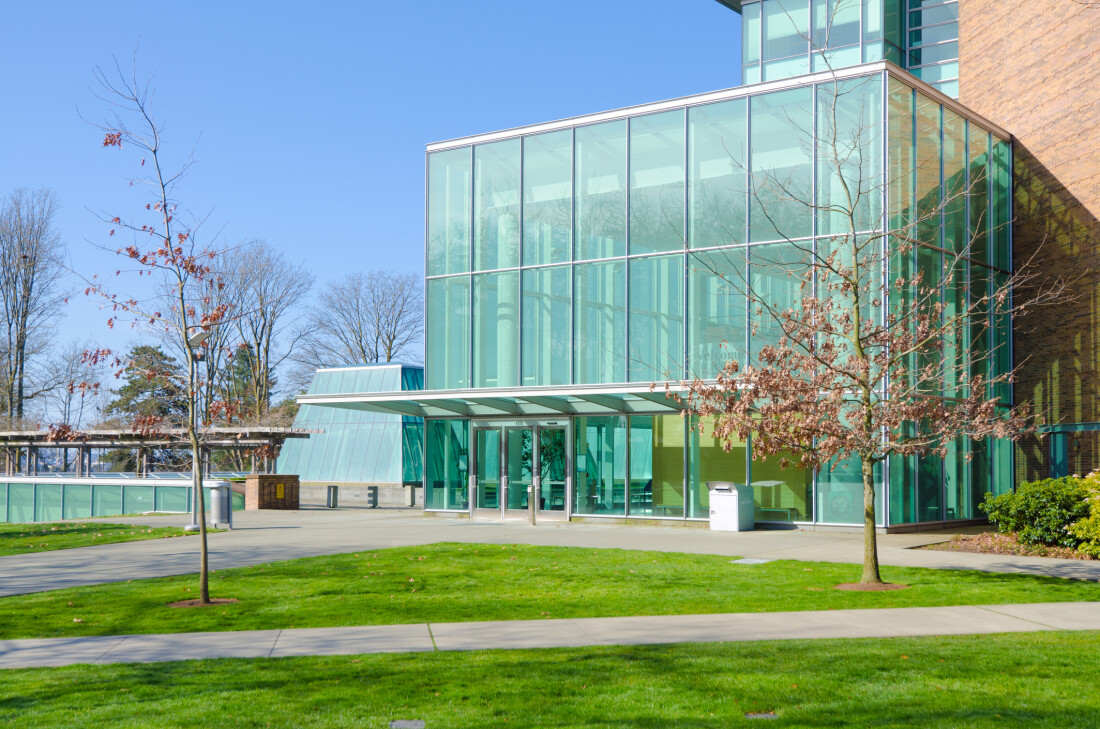 The COVID-19 pandemic, a rampant infectious disease, has ravaged countless lives in the United States and globally, causing tragedy, loss and suffering to those whose lives are affected and lost. Health care workers are fighting tirelessly to save lives, and frontline essential workers such as first responders and grocery store and transportation workers are constantly exposed to the risks of being infected by the disease. COVID-19 has also pushed the economy into recession and caused major disruptions in many industries and institutions that include education, restaurants, retail, travel, and several others. It has also upended the lives of many who were no longer able to continue their everyday routines, including spending time with loved ones, attending school or going to work.
The COVID-19 pandemic, a rampant infectious disease, has ravaged countless lives in the United States and globally, causing tragedy, loss and suffering to those whose lives are affected and lost. Health care workers are fighting tirelessly to save lives, and frontline essential workers such as first responders and grocery store and transportation workers are constantly exposed to the risks of being infected by the disease. COVID-19 has also pushed the economy into recession and caused major disruptions in many industries and institutions that include education, restaurants, retail, travel, and several others. It has also upended the lives of many who were no longer able to continue their everyday routines, including spending time with loved ones, attending school or going to work.
Of the countless social norms affected, many students have missed out on important rites of passage—one of which is law school students securing a coveted summer internship. The summer internship typically takes place in private law firms where the students can build their professional experience, sharpen their legal skills, network and develop a competitive resume. This stepping stone often leads to full-time employment at the law firm at which they interned. Along with the millions out of work nationwide, COVID-19 has placed many summer jobs on hold, including law firm summer internships. University of Washington School of Law student, Mary Ruffin, who is currently working at Foster Garvey as a part-time Law Clerk, saw this critical need that needed to be filled for the students who are missing out on these key opportunities. Mary reached out to her network, including fellow students, faculty, alumni and attorneys, to discuss how they can put their skill sets to use.
Simultaneously, the faculty members, administrators and alumni at the University of Washington School of Law had already been brainstorming some creative workarounds on how to provide students with ample practical professional development experience in lieu of summer internships. In consultation with local law firms, nonprofit organizations and the Washington State Bar Association, they established the COVID-19 Clearinghouse, where it offers a collection of short-term, remote, pro bono projects students can assist with under the supervision of a pro bono attorney. A project that was initially led and administered by Foster Garvey, the Clearinghouse is instrumental in connecting legal service providers who need help with projects they can’t take on with students who need the experience. The project administers surveys for students, legal service providers and attorneys in order to match students with their projects of choice and team. Through the Clearinghouse, Mary received her first assignment researching employment laws for essential workers and families. Under the supervision of Foster Garvey attorney Mikaela Louie, Mary along with other students, researched the employment rights of essential workers who live with people who are high risk of the COVID-19 infection. They produced a memo as the product for the client, Northwest Justice Project, who then transformed it into a guide for those seeking legal advice. Even long after the pandemic subsides, the Clearinghouse will continue to be an effective and valuable resource to serve the overwhelming needs of the community. In a UW News article, Haiyun Damon-Feng, a former Foster Garvey attorney, and now Assistant Director at the W.H. Gates Public Service Law, who also oversees the Clearinghouse said, “Moving forward, when students may not be getting the employment experiences they need, we hope that we can get them experiences and skills training through the Clearinghouse.” She continued, “The Clearinghouse is also helping to meet increased need from the nonprofit and legal services community. And from the law firm side, we want to contribute to these efforts and get more people involved in this work.”
The Clearinghouse has been growing in size with 66 University of Washington School of Law students who volunteer their legal skills and time to these projects. The Clearinghouse has also been obtaining participation from other law schools such as Seattle University and Gonzaga University with 14 active projects in progress. And, other Foster Garvey attorneys have supervised law students on Clearinghouse projects.
Beyond the Clearinghouse, the University School of Washington School of Law crafted a course “Lawyering in the Time of COVID-19” to help students understand and address bigger pictures issues related to the pandemic, such as immigration and detention, unemployment, criminal justice and detention and small-business issues. The second half of the course serves as a practicum where students can be paired with local practitioners to work on a project case.
This story was also featured in our 2020 Pro Bono Report.


